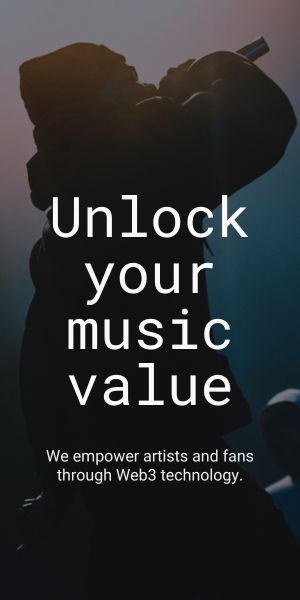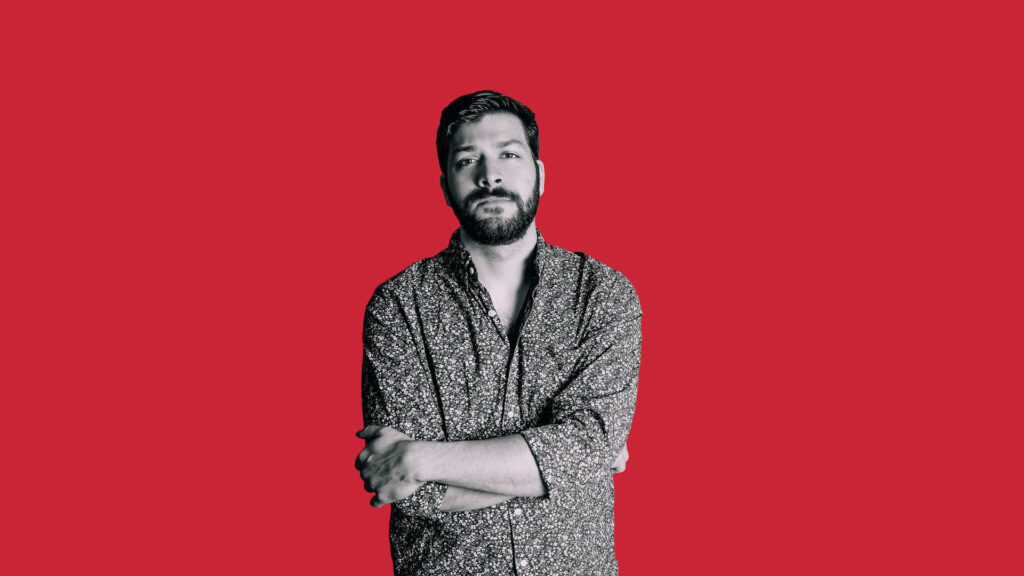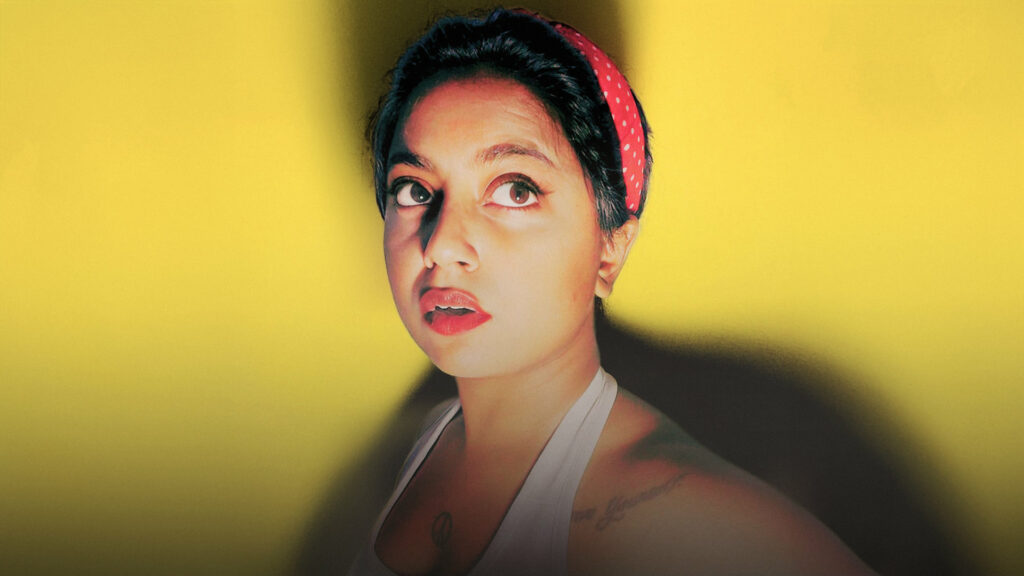Charting has always been quintessential in rising to stardom or realising that your music is truly doing something in the world. Seeing your name making it on that staircase to fame titled Billboard Hot 100 or UK Official Singles Chart 100 (and many more) still holds an immense social status that proves the impact of an artist further than just music. If you charted, you made it.
Nowadays, it has become much easier to reach that level of impact, thanks to music reaching a bigger audience through streaming services aiding artists in distributing their work digitally. Discussions lately have been questioning the social integrity and efficiency of present charts compared to past ones. Should past and present musical legends be separated when having the same impact as others, thanks to their spot on the top of the charts? Should we blame mass streaming and chart manipulations? How can artists prevent their music from being slain against such discourse?
Drake, the Canadian rapper, hit number 1 on the Billboard Hot 100 with his track ‘First Person Shooter’, tying him to Michael Jackson for the #1 hits by a male solo artist on the chart. To say that he was anticipating this milestone is, to say the least, as the rapper alluded to in the song by reciting: “I’m one away from Michael”.
Ever since then, a discourse has been rattling social media regarding the timely accuracy of the charts and the way artists can affirm their domain by overstepping some monumental names in the industry thanks to streaming. For many, artists from our time should be taken out of the narrative when speaking and comparing them to some of the biggest names, such as The Beatles, Mariah and Whitney. For others, these charts are more representative than ever, seeing as fewer people are buying physical copies compared to the usage of streaming platforms such as Spotify, Apple Music and Tidal.
Still, amid all this discourse, artists are stuck in a limbo of whether or not charting now can be considered a monumental thing as before due to the insistent presence of streaming services. How can they keep their artistic honour intact while hoping to reach personal heights and goals?
We have to take into consideration how big of an impact streaming platforms now hold on the music landscape, so it is safe to say that an artist should prioritise promoting and encouraging their listeners to engage with their music online, whether by adding it to playlists, giving it a listen or sharing it on social media channels for more people to notice.
Nevertheless, music should be encouraged to be listened to outside a digital platform. Radio play still has tremendous significance in spreading the word about the next big music success. In this case, networking is indispensable. Building relationships with local radio stations and submitting songs to radio playlists can be vital in getting your music across to a broader audience.
If you are in the UK, you have to consider some rules when registering your release into the system. To be eligible for the charts, a single has to be defined by the Official Charts Company (OCC) in partnership with the music industry via the Chart Supervisory Committee (CSC). The rules set out basic criteria for each of the key charts and are designed to outline eligibility for entry, protect the integrity of the charts and ensure they are an accurate reflection of the popularity of each recording by reference to genuine sales. (Official Charts)
Every artist has a personal and distinct creative nature, assuming full charge of their artistic path is in their veins. Nevertheless, determined aspects should be considered and thought out if the ultimate goal is to break through in the industry.
Engaging with your audiences is essential nowadays, making artists active community builders. Share your music online, reply to comments and give insights through behind-the-scenes recording sessions or lives, making the audience feel part of the team.
Streaming nowadays is essential, but only relying on distribution channels such as streaming platforms could be limiting for an artist. Especially for up-and-comers, you should explore different outlets of music distribution (SoundCloud, YouTube and physical release). Diversifying your audience is immensely helpful for a career.
Staying up to date with trends and streaming platform policies is crucial in an ever-evolving music industry hungry for change and gain. Stay informed and stay on top of the game without leading yourself away from your narrative to pursue conformism and mass thoughts.
Remember, quantity does not always equal quality. Prioritise a well-crafted work that resonates with your creative voice instead of giving in to a bland and unidentified production.
We have seen how the world of streaming services is shaping the industry and helping artists build new records and reach unexplored milestones. Regardless, knowing how to navigate this current is a trick worth mastering and having up your sleeves.
An artist has a distinct identity to treasure and cradle; this is one truth that has sustained time. It knows no past nor future. It is everlasting this ability to maintain this delicate dance between art and commerce constantly active while finding the right balance to stay afloat.
Next story


